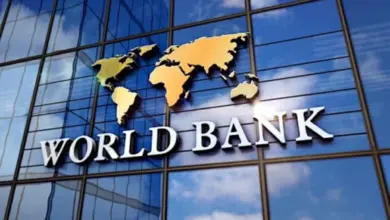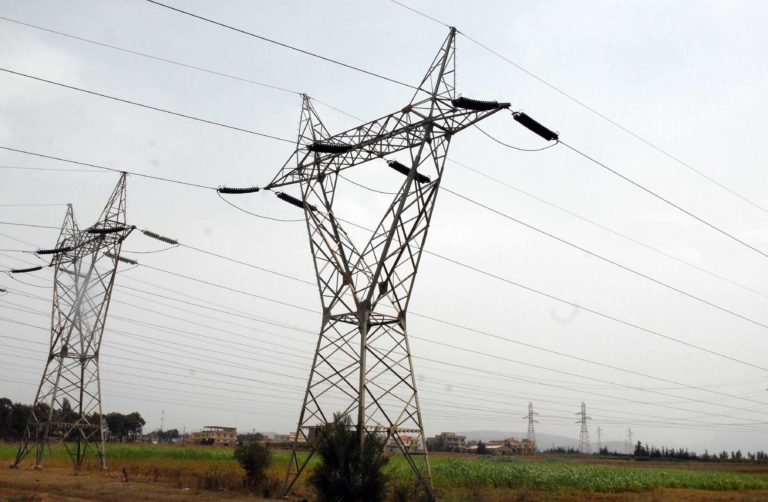Egypt interim government will seek to avoid major austerity measures and instead work to stimulate the economy by improving security and pumping in new funds, the new finance minister, Ahmed Galal, said on Thursday.
The government, sworn in last week after the military ousted Islamist President Mohamed Morsy, inherits a budget deficit that since January has been running at around $3.2 billion a month, equivalent to almost half of all state spending.
It has been armed with $12 billion in aid from Gulf Arab countries who welcomed Morsy's removal. But with tens of thousands of pro-Morsy protesters on the street, it is under intense pressure to avoid unpopular steps such as increasing taxes or reducing spending on energy and food subsidies, which eat up a quarter of the budget.
"One of the important tools to deal with the budget deficit is stimulating the economy," Galal told reporters at a briefing. "Stimulating the economy means tax revenues will increase and, in turn, the deficit will decrease."
An important step would also be to improve security and political stability after 30 months of political turmoil since Hosni Mubarak was toppled as president in a popular uprising.
"Political agreement is the best and shortest route to revive the economy because, if there is stability and security and agreement, tourists will come back and local and foreign investors will be more keen on investing," Galal said.
"We will seek to pump more new funds into the economy and not follow austerity measures. We do not want to increase taxes sharply, that is if we increase them at all, and we do not want to lower spending in a way that will slow a revival of the economy."
IMF LOAN "NOT MY STARTING POINT"
The comments on the government's economic policies are some of the most detailed since it was sworn in on July 16. Last week Galal said his main objectives were "fiscal discipline, macroeconomic balance, stimulating the economy to create jobs and achieve social justice, and efforts to have the fruits of growth reach all segments of society, especially those with low incomes".
Galal on Thursday played down talk of resuming negotiations for a $4.8 billion International Monetary Fund loan that Morsy's government had been working on since August, which he said last week was only "part of the solution" to Egypt's problems.
The loan would be conditional on deregulation measures including a reduction in food and fuel subsidies.
Galal said it was more important for the government, only days into its tenure, to produce a package of economic policies first, which could take about a month to draw up.
"I'm not against dealing with the IMF within this framework, because it brings us credibility and new funds. There are advantages to dealing with the fund to achieve the aims you are after. But that doesn't mean that it is my starting point."
"We indeed want to make reforms. We need to make them, irrespective of the IMF."
The IMF for its part said on Thursday it would not resume loan talks with Egypt until its interim government gained international recognition.
Galal said the government would press ahead with a system of smart cards to limit the smuggling of subsidised products.
The government has yet to decide whether to amend the budget that Morsy's government drew up for the current fiscal year, which began on July 1, he said.
Galal said he had no problem tapping into Islamic sukuk bonds, which Morsy's government had been developing, but that it would not be a main tool for raising funds.




